1 | Add to Reading ListSource URL: www.franzdietrich.netLanguage: English - Date: 2009-11-06 11:05:11
|
|---|
2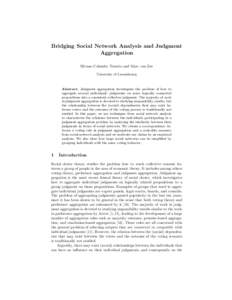 | Add to Reading ListSource URL: www.marcvanzee.nlLanguage: English - Date: 2015-10-13 11:22:58
|
|---|
3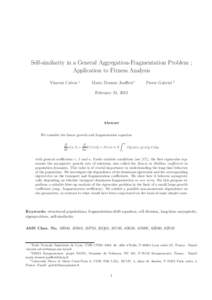 | Add to Reading ListSource URL: pgabriel.perso.math.cnrs.fr- Date: 2013-02-21 13:18:49
|
|---|
4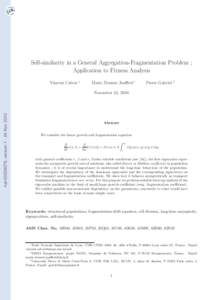 | Add to Reading ListSource URL: www.rocq.inria.frLanguage: English - Date: 2011-09-22 13:58:37
|
|---|
5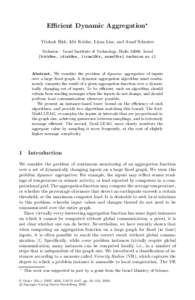 | Add to Reading ListSource URL: webee.technion.ac.ilLanguage: English - Date: 2007-05-14 09:17:03
|
|---|
6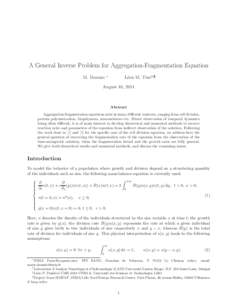 | Add to Reading ListSource URL: www.rocq.inria.frLanguage: English - Date: 2011-09-22 14:31:51
|
|---|
7 | Add to Reading ListSource URL: sas.uwaterloo.caLanguage: English - Date: 2014-05-13 01:38:29
|
|---|
8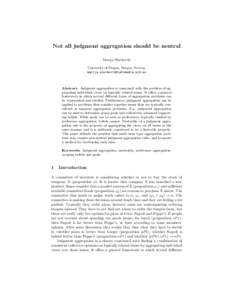 | Add to Reading ListSource URL: ceur-ws.orgLanguage: English - Date: 2014-10-28 07:11:00
|
|---|
9 | Add to Reading ListSource URL: physics.bu.eduLanguage: English - Date: 2011-10-30 13:55:01
|
|---|
10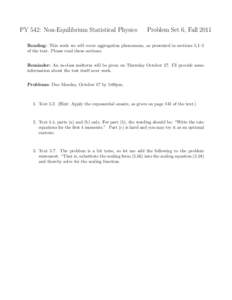 | Add to Reading ListSource URL: physics.bu.edu- Date: 2011-10-07 06:28:01
|
|---|